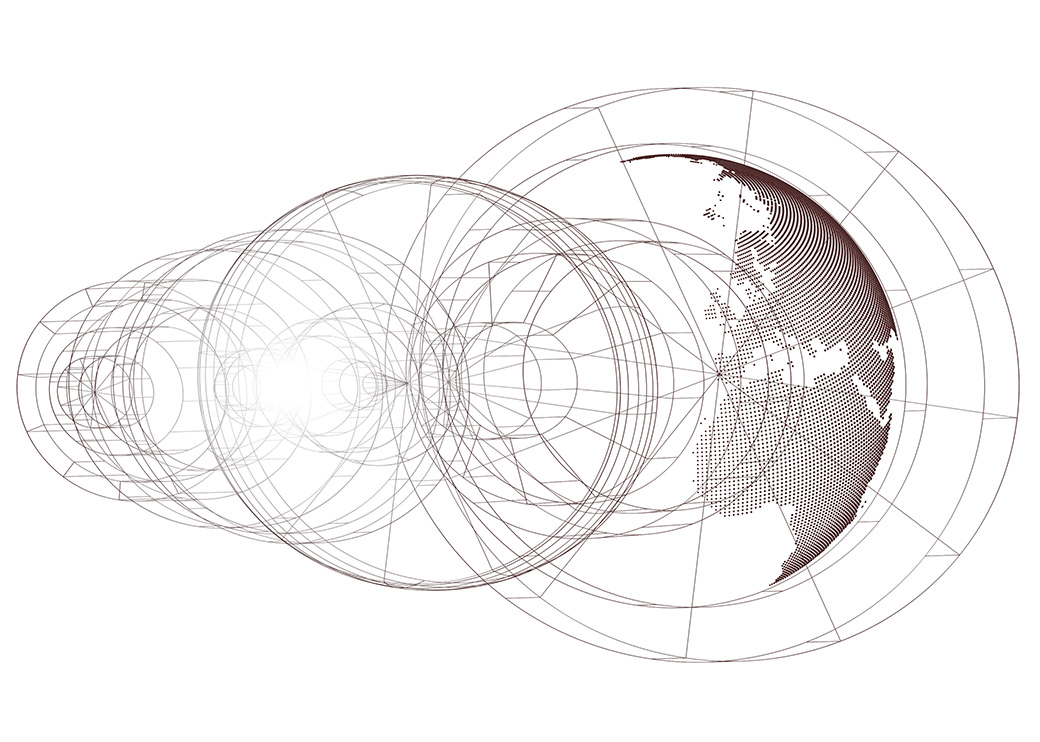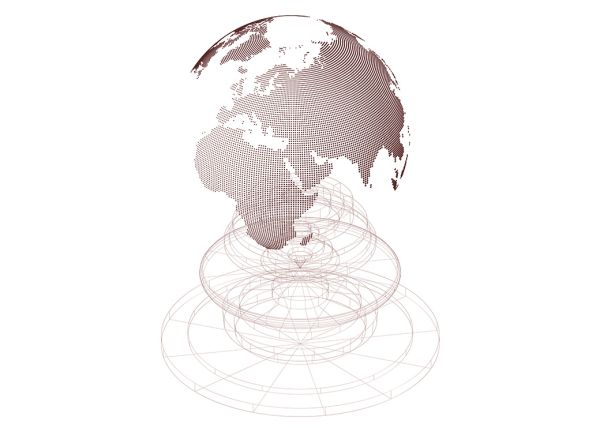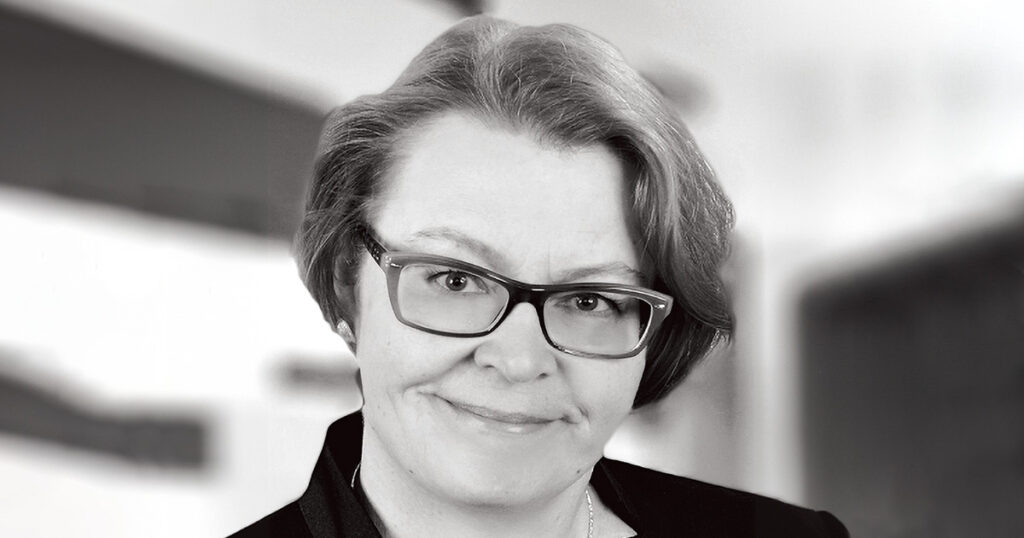
Silencing the echoes of colonialism
Conducting research in countries in the Global South requires challenging several practices and even paradigms of the fields themselves. New ethical guidelines assist project planning.
Tekxt anne ignatius images istock englisg translation marko saajanaho
Roughly a decade ago, doctoral researcher Leena Vastapuu spent lengthy amounts of time in Liberia. She studied girl soldiers that fought in the civil war and conducted field work by interviewing them.
The study would not have been possible without local help. She found her assistants through acquaintances – two women familiar with the harsh reality former girl soldiers lived. The assistants helped Vastapuu collect data, participated in the interviews, and served as cultural interpreters.
Vastapuu wanted to do everything right from an ethical standpoint. As her manuscript was approaching the finish line, she even travelled to Liberia and showed her results to the interviewees to ensure they approved the publication of the results. However, one matter was left unaddressed. Vastapuu did not even think to ask whether her assistants wished to be listed as co-authors.
And thus, the finished work boasts Vastapuu’s name alone. That bothers her.
Science is based on colonialism
“It’s about the exercise of power and where and how the inequality it causes is reflected”, Vastapuu says now.
She works as an assistant professor at the Swedish Defence University and studies sex and gender in warfare.
In her opinion, the core issue is that science at large is based on colonialist structures.

For example, her first scientific field – international relations – has long been based on the polarisation of the Global South and Global North.
“Theory always comes from the north, and the south is just the target on the rare occasion it is even referred to.”
Scientific terminology also has its roots in colonialism. Vastapuu highlights the terms “Global South”, “democracy” and “development” as examples.
She challenges us to ask what we mean by south. Or what about democracy? The majority of Europeans understand this to mean a representative western democracy, but how about the forms of democracy in the Global South?
Or what do we mean by the word “development”? What kind of development? Do we want to increase overconsumption and inequality?
Assistants out of the footnotes
The remnants of colonialism can also be seen in the way western researchers have conducted field work in Global South countries.
Local research assistants can play a very important role. Despite this, it is common practice to only mention assistants in the footnotes or the thanks section.
“If your research assistant spends months or even years collecting data and does all the heavy lifting, a footnote is absolutely not enough. Who receives credit for the work is a major academic question.”
Vastapuu analysed her doctoral research data and wrote the thesis entirely on her own. Why does she think her assistants should have been listed as co-authors?
Vastapuu points out this question stems from the western idea of science that only considers written information to be important.
“Why don’t we consider information produced through talking to be equally important? Writing comes easily to us, so once again we are defining the standards.”
Help from ethical guidelines
UniPID (Finnish University Partnership for International Development) and its director Kaisa Kurki have taken note of the responsibility of research conducted in Global South countries.
UniPID is a network of nine Finnish universities, focusing on global development and sustainability issues. In October, they published a set of ethical guidelines emphasising the importance of cooperation, for example.
“Local partners must be true partners whose interests are acknowledged, whose knowledge, viewpoints, experiences, and notions are considered, and information produced with them must be shared”, Kurki says.
The guidelines are necessary as global cooperation between universities increases. With it increases the amount of research conducted in Global South countries, as well as the number of researchers with no experience of working in these countries.
Who is a suitable partner?
Vastapuu welcomes the publication of UniPID’s ethical guidelines. However, theory and practice do not always meet in all guidelines.
For instance, many financiers demand the researcher to have a partner university in the target country. If cooperation only happens with universities, the power structures are reinforced further.
“Especially in Global South countries, most who attend universities are part of the elite. In many contexts, research is a dirty word.”
All research cannot even be conducted together with universities. For example, studying people living in the streets or in refugee camps may prove impossible if a local university is required as a partner.
According to UniPID’s definition, a partner could be a civil organisation, community, or a member of a community.
Self-reflection is unavoidable
Kaisa Kurki hopes the scientific community familiarise themselves with the ethical guidelines and then consider their own privileges and methods, as well as why the guidelines have been written.
However, she emphasises that these guidelines are not meant to be the final word, as work remains to be done.
Leena Vastapuu agrees. She finds it important to start self-reflection and discussion after reading the guidelines. “Injustice is deeply embedded in science. Criticising it is uncomfortable and painful but required in order to improve the fairness of scientific practices.”
The “Ethical guidelines for responsible academic partnerships with the Global South” are published on the UniPID website and written by Kelly Brito Salas and Roseanna Avento.
Guideline for researchers
The Responsible Conduct of Research (RCR) guideline is binding for all researchers in Finland. The guideline has been recently updated.
This is a general guideline that does not address field-specific differences such as specific issues related to work in Global South countries.
For that reason, the Finnish National Board on Research Integrity TENK has cooperated with UniPID to devise a set of ethical guidelines to complement the RCR guideline and other TENK guidelines.
TENK Secretary General Sanna-Kaisa Spoof considers ethical guidelines important. “The antiquated power structure must not show in research of foreign cultures. It is great for Finnish universities to have addressed this.”

Spoof also considers research ethics guidelines to serve as a form of life insurance for researchers.
“If there is a disagreement regarding ethical practices, the researcher can lean on the ethical guidelines they follow.”

